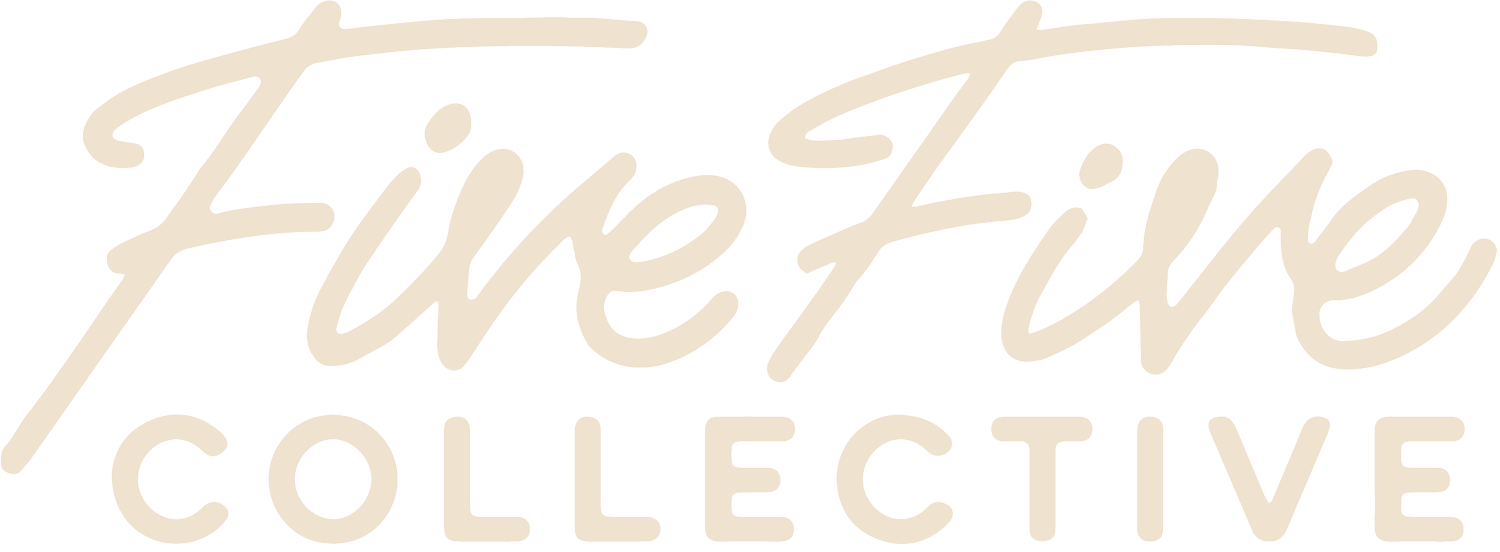Who should conduct the interviews?
When we work with companies and organizations to produce testimonial, recruitment, human interest, or any video content that involves unscripted interviews, we’re often asked, “Who’s asking the questions?”
This is a completely reasonable question, and the answer isn’t always obvious! A testimonial video relies on natural sounding, unscripted interviews, so it’s important that the interviewees are as comfortable as possible. That’s why many of Five Five Collective’s newer clients assume that the best person to sit next to the camera is someone familiar—like a boss or colleague. After all, wouldn’t it make more sense to have employees, customers, or students talk to someone they already know, versus a complete stranger? Not necessarily!
Consider your Audience
Max chats with an interviewee before the cameras roll
It’s important to think about the audience of the video you’re producing. Often, the person watching is looking to learn more about a company, organization, or product. Maybe they’re a student or parent looking to learn more about a university. Or someone looking to hear what it’s like to work for a certain company. Either way, they’re seeking information, and they want it conveyed authentically and honestly. Nobody wants to listen to people read cue cards, or recite memorized lines. Using unscripted, authentic interviews in a testimonial video is a creative and effective way to attract and recruit employees.
The Power of the Director
Interviewing the president of a brewery for a B2B testimonial video
In our experience, it’s important that the interviewee sees the interviewer as a person who doesn’t already have all the answers—someone who’s genuinely curious about them, and their experiences! That’s where the video director comes in.
The video director works with our production company from the very beginning—helping clients select interviewees, sitting in the director’s chair on shoot day, and guiding the edit through post-production all the way to completion. And although they may have a very good idea of the kind of answers they’re looking for during an interview, they stay open and curious about the person sitting on the other side of the camera.
It’s a Conversation
Interviewing a therapist for a recruitment video
An on-camera interview isn’t like a job interview; the director’s goal isn’t to grill anyone, or surprise them with a “gotcha” question. Their job isn’t only to coax out useful soundbites—the building blocks of any testimonial video—but to make the person across from them feel empowered and important!
A good video director is a lot like an actor, in that even if they know exactly what their scene partner might say, they stay present and express their feelings to allow the interviewee to build off their emotions. It’s important that the interviewee feels like they’re talking to a real person—someone who’s interested in what they have to say, and who doesn’t already know the answers to every question they ask. And that certainly comes across in the testimonial video.
If you want to learn more about our interview based videos or book a meeting with us, simply fill out our contact form at this link.



